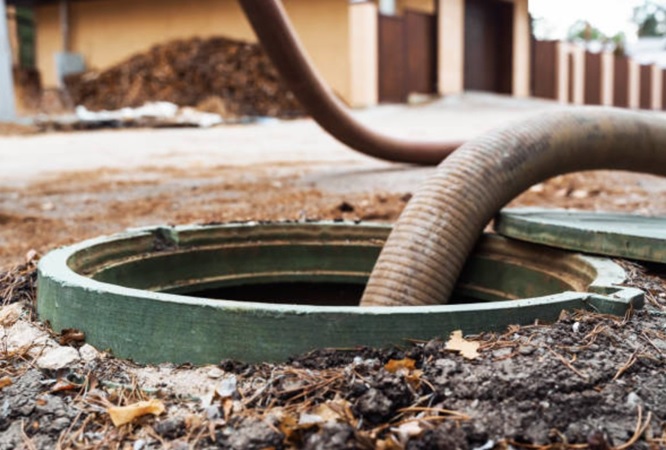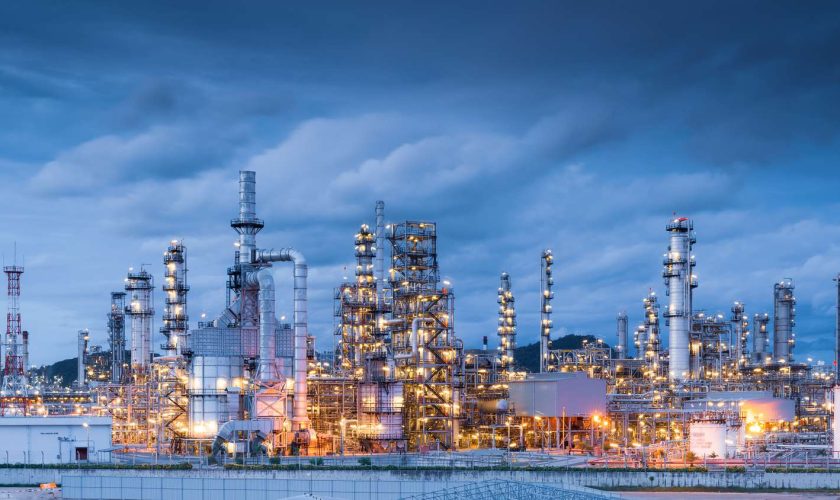Moving can be one of the most exciting yet stressful experiences in life. Whether you’re relocating to a new home, office, or city, the process involves numerous tasks that demand attention to detail, careful planning, and a considerable amount of physical labor. From packing up cherished belongings to navigating traffic and unpacking in unfamiliar surroundings, it’s easy to feel overwhelmed. However, this is where professional moving services come into play. These services are designed not only to alleviate the physical and emotional strain of moving but also to streamline the entire process, allowing for a smoother and more efficient transition.
As the moving industry continues to evolve, so do the services it provides. In this article, we will explore the various types of moving services available today, the advantages they offer, and how to select the best option for your unique needs. From local moves to international relocations, understanding the moving service landscape can make a significant difference in the ease of your transition.
The Different Types of Moving Services
Moving services are not a one-size-fits-all solution. Depending on your requirements, budget, and level of involvement, there are several options available, each with its own set of advantages.
1. Full-Service Moving
Full-service moving is the most comprehensive option, offering the most hands-off experience for the customer. This service is perfect for those who want to minimize their involvement in the moving process and are willing to invest in a hassle-free experience. Full-service moving companies take care of everything, from packing your belongings to transporting them and finally unloading and unpacking them at your new destination.
Key features of full-service moving include:
-
Packing and Unpacking: Professional movers will carefully pack your belongings using high-quality materials like bubble wrap, sturdy boxes, and protective padding. They will also take the responsibility of unpacking your items at your new home, placing them where you desire.
-
Loading and Unloading: Movers handle the heavy lifting, ensuring that your items are safely loaded into the truck and unloaded at your new location without damage.
-
Transportation: A full-service moving company provides a well-equipped moving truck and experienced drivers to ensure that your items arrive safely and on time.
-
Insurance: Many full-service moving companies offer insurance options, providing an added layer of protection in case of damage or loss during the move.
While this option is the most expensive, it is ideal for those who want a stress-free move and are willing to pay for convenience and professionalism.
2. Self-Service Moving
For those looking for a more budget-friendly option but still requiring some assistance, self-service moving is an excellent choice. This service provides a balance between doing it yourself and having professional help. In a self-service move, a moving company provides you with a truck, storage container, or other transport methods, but you are responsible for the packing and loading. Once everything is packed and ready to go, the moving company takes care of transporting your belongings to your new location.
Advantages of self-service moving:
-
Cost-Effectiveness: Because you’re doing much of the work yourself, the overall cost is lower than a full-service move.
-
Flexibility: You can take your time packing at your own pace, which is particularly helpful if you’re managing a busy schedule or need to move gradually.
-
Control: You maintain control over the process, from packing to loading, which allows you to organize your belongings in a way that works best for you.
The downside of this option is that it requires more physical labor on your part, and you may need to enlist the help of friends or family members to load and unload.
3. Specialized Moving Services
Certain moves require extra care and expertise, especially if you are transporting valuable or fragile items. Specialized moving services cater to specific needs, providing a higher level of attention and security for unique or hard-to-move belongings.
Some examples of specialized moving services include:
-
Piano Moving: Pianos are heavy, fragile, and often require special equipment and expertise to move. Professional piano movers are trained to handle these delicate instruments, ensuring that they arrive at their destination without damage.
-
Fine Art and Antiques: Fine art, sculptures, and antiques require customized packing materials and handling to prevent damage during transit. Specialized movers use crates, padding, and other protective measures to ensure your valuable pieces are transported safely.
-
Vehicle Shipping: If you’re moving long-distance or internationally and need to transport your car, motorcycle, or other vehicles, some moving services provide vehicle shipping options. This is especially useful if you’re relocating abroad or across a significant distance.
These services typically come with an added cost due to the expertise and specialized equipment required, but for valuable items, they are often worth the investment.
4. International Moving
Moving overseas presents its own set of challenges. International moving involves navigating not only the logistics of transporting goods across borders but also the complexities of customs regulations, import taxes, and international shipping routes. Many moving companies specialize in international relocation and offer services tailored to the unique requirements of cross-border moves.
Key components of international moving services include:
-
Customs and Documentation: Professional movers handle the necessary paperwork, ensuring that your belongings comply with customs regulations in the destination country.
-
Shipping and Freight: Depending on the distance, items may be transported by sea, air, or a combination of both. Moving companies can advise you on the best shipping method based on cost, speed, and the volume of your belongings.
-
Storage Solutions: International moves often require temporary storage solutions. Moving companies can provide storage options at origin or destination points to accommodate delays in your move-in date.
Given the complexity of international moves, it’s crucial to choose a reputable company with expertise in global logistics.
Benefits of Hiring Professional Movers
While it’s possible to handle a move on your own, hiring professional movers comes with a range of benefits that can make the process much smoother and less stressful.
1. Efficiency and Speed
Professional movers are experienced in handling all aspects of the move, from packing to transportation. They know how to efficiently pack items, maximize space in the moving truck, and navigate routes to minimize delays. As a result, your move will likely be completed faster and more efficiently than if you were to manage everything on your own.
2. Safety
Moving heavy furniture, appliances, and fragile items can be dangerous if not done properly. Professional movers are trained in proper lifting techniques and have the right equipment to ensure the safety of both your belongings and themselves. Additionally, many moving companies offer insurance or valuation coverage, giving you peace of mind that your items are protected during transit.
3. Stress Reduction
Moving can be a physically and emotionally taxing experience. Hiring a professional moving service removes much of the burden, allowing you to focus on other important tasks, such as settling into your new home or office. With the help of experts, you won’t need to worry about managing logistics, lifting heavy boxes, or finding a suitable vehicle for transport.
4. Cost-Effectiveness (Long-Term)
While hiring professionals may seem like an expensive option, it can be cost-effective in the long run. When you factor in the time, effort, and potential damage caused by a DIY move, the cost of hiring professionals may actually be less expensive than doing it yourself, especially when considering the additional expenses of renting moving trucks and equipment.
How to Choose the Right Moving Service
Selecting the right moving service is crucial to ensuring a successful relocation. Here are a few key factors to consider when choosing a moving company:
-
Reputation: Look for moving companies with positive reviews and a proven track record of reliability and professionalism.
-
Insurance and Licensing: Ensure the moving company is properly licensed and insured to protect your belongings in case of damage or loss.
-
Estimates: Get a written estimate before committing to a moving company. Be cautious of companies that provide unusually low estimates, as they may hide additional fees.
-
Experience: Choose a company with experience in the specific type of move you’re making, whether it’s a local, long-distance, or international move.
Conclusion
A move is a significant life event that comes with its own set of challenges, but it doesn’t have to be a stressful one. Whether you’re opting for a full-service move or handling the logistics yourself, professional moving services offer an invaluable resource to simplify the process. By understanding the different types of moving services and their benefits, you can make a more informed decision and ensure that your move is as smooth and efficient as possible. With the right team behind you, you can focus on the excitement of your new home, knowing that the heavy lifting has been expertly handled.



